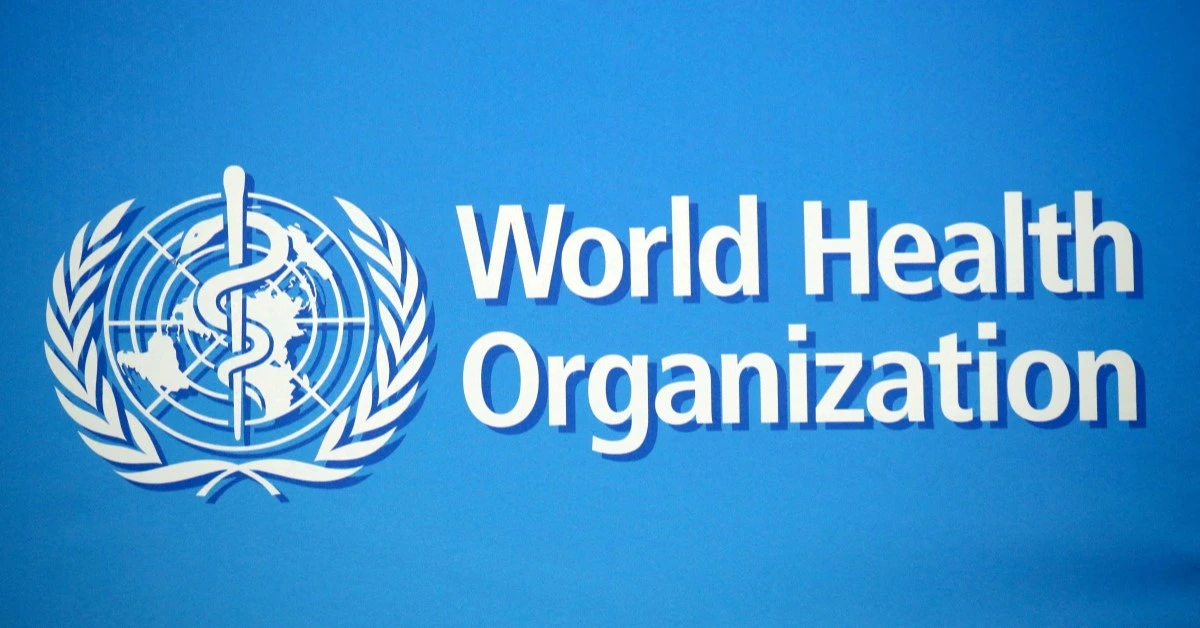
SWITZERLAND – The World Health Organization (WHO) has announced a significant development in the fight against Mpox, approving the use of Bavarian Nordic’s Jynneos vaccine for adolescents aged 12 to 17.
This decision, made on October 8, comes at a crucial time, as this age group is considered highly vulnerable to the viral infection, which has raised global concerns due to its rapid spread and public health impact.
Mpox, a viral infection caused by an Orthopoxvirus, was first identified in humans in 1970 in the Democratic Republic of Congo (DRC).
The disease is endemic in central and west African countries, with increasing case numbers reported each year.
Mpox causes flu-like symptoms and skin lesions, and it is particularly severe for children, adolescents, and immunocompromised individuals.
In August 2024, the WHO declared Mpox a global public health emergency of international concern (PHEIC) for the second time in two years.
The latest outbreak, driven by the emergence of the Clade 1b strain, originated in the DRC and has since spread to neighboring countries.
Over 15,600 cases and 537 deaths have been reported so far this year, with experts warning that the actual numbers may be higher due to underreporting.
Vaccine prequalification for adolescents
The WHO’s decision to grant prequalification for Bavarian Nordic’s Jynneos vaccine for adolescents marks a significant step in controlling Mpox outbreaks.
The vaccine had already been approved for adults in September 2023, making it easier for affected African countries to access much-needed protection against the virus.
Now, with its extension to adolescents, the global health community has a stronger tool to prevent the disease’s spread in this particularly at-risk group. In September 2024, the European Union also approved the vaccine for use in adolescents.
Meanwhile, in the United States, the U.S. Food and Drug Administration (FDA) had already granted Emergency Use Authorization for the vaccine during the Mpox outbreak in 2022, although full approval remains limited to adults.
Mpox in Africa and Global Response
The Mpox outbreak has particularly affected African countries, with cases recently reported in Burundi, Kenya, Rwanda, and Uganda—nations that had not previously reported cases of Mpox.
WHO experts suspect that the actual number of cases is much higher due to the limited availability of diagnostic tools and testing in these regions.
WHO has been working closely with affected countries, vaccine manufacturers, and international organizations to ensure equitable access to vaccines, diagnostics, and treatments.
In August 2024, the WHO Director-General initiated the process for Emergency Use Listing for Mpox vaccines, a step aimed at accelerating vaccine distribution to lower-income countries.
This allows partners such as Gavi, the Vaccine Alliance, and UNICEF to procure vaccines for distribution where they are needed most.
Funding and global collaboration
To support its ongoing Mpox response, WHO has released an initial US $1.45 million from its Contingency Fund for Emergencies.
However, the organization estimates that at least US $15 million will be needed to continue surveillance, preparedness, and response activities effectively.
WHO has called on global donors to contribute to this funding effort, emphasizing the importance of rapid financial support to contain the spread of the virus.
WHO is also coordinating with partners through the interim Medical Countermeasures Network to facilitate global vaccine donations and ensure that vaccines, therapeutics, and diagnostics are available to all affected regions, particularly in Africa, where the burden of Mpox has been most severe.
XRP HEALTHCARE L.L.C | License Number: 2312867.01 | Dubai | © Copyright 2025 | All Rights Reserved